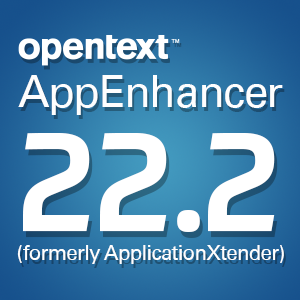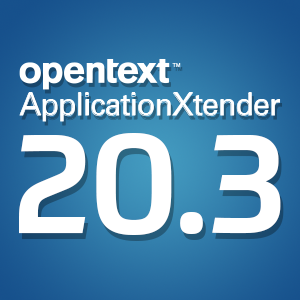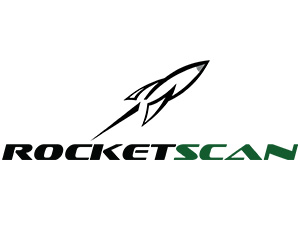Wisconsin school district urged to cut paper usage
Thursday, February 5, 2015One Wisconsin school district has been gradually eliminating paper, and one member of the school board recently urged his peers to take the effort even further.
Troy Schliesman, at the Dogeland School District board's regular monthly meeting, stressed the importance of eliminating paper from meetings, WiscNews explained. He explained to his fellow board members the amount of paper that he receives, and must retain, on a daily basis in an effort to convince them of the efficient boost switching to an electronic system would provide. The school has utilized a print management system in order to reduce paper waste, but Schliesman has advocated removing it from school board meetings completely.
"I think we should look into electronic board meeting information," he explained to the other board members, according to the news outlet. "We've expected our students to go to an electronic classroom. We should do the same."
The annual savings a paperless school board could bring
Schliesman urged his peers to consider electronic storage and delivery of documents, which can be done through tools such as document storage solutions, in an effort to reduce paper usage and cut costs, WiscNews noted. Over the past few years the school district has incrementally implemented digitized alternatives to paper processes. In fact, the print management system alone saved the district $20,000 over the course of 4 years.
Other districts in the state have also been looking into document management software in an effort to reduce costs. For instance, Wisconsin's Marshfield School District kicked off 2015 with paperless board and committee meetings, according to WSAU, a local radio news outlet. Jenni Heeg, district secretary, noted that the decision was made in order to save "time, money, and the environment." The digital initiative in Marshfield allows people to review publicly accessible information online before meetings, as well as see what happened during the discussions once they have concluded.
Schliesman noted that his district as well could save by transitioning board meetings to electronic solutions, according to WiscNews. He estimated annual savings at around $3,000 if the school board's agendas, resolutions and other supporting documents were made accessible online, rather than distributed via paper documents.
While some information from Dodgeland meetings is posted online, other documents are classified, and thus can't be made publicly accessible in the same way, Schliesman explained to the news outlet. He noted that this information could be delivered to restricted accounts, accessible only by board members and other persons given use privileges.




